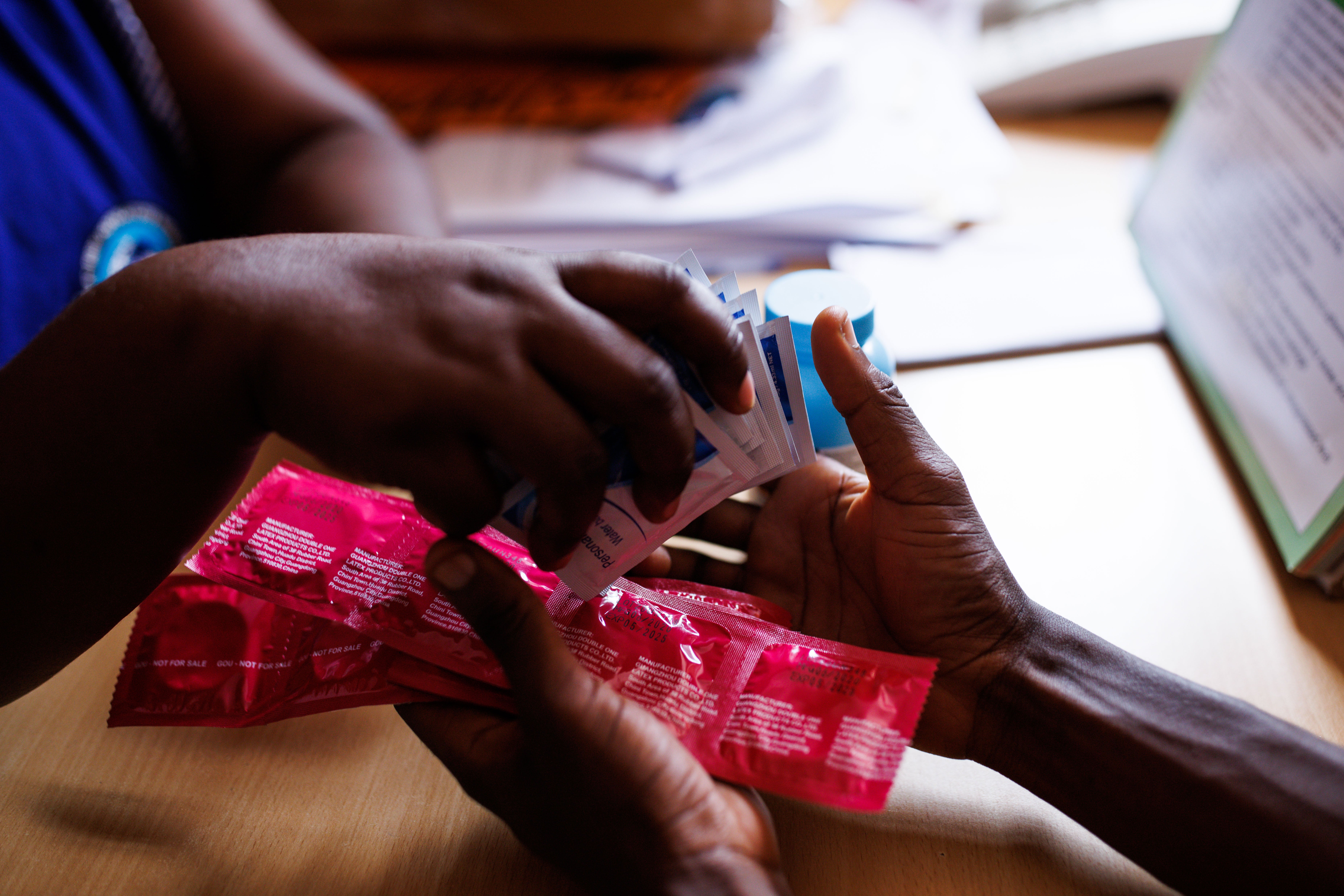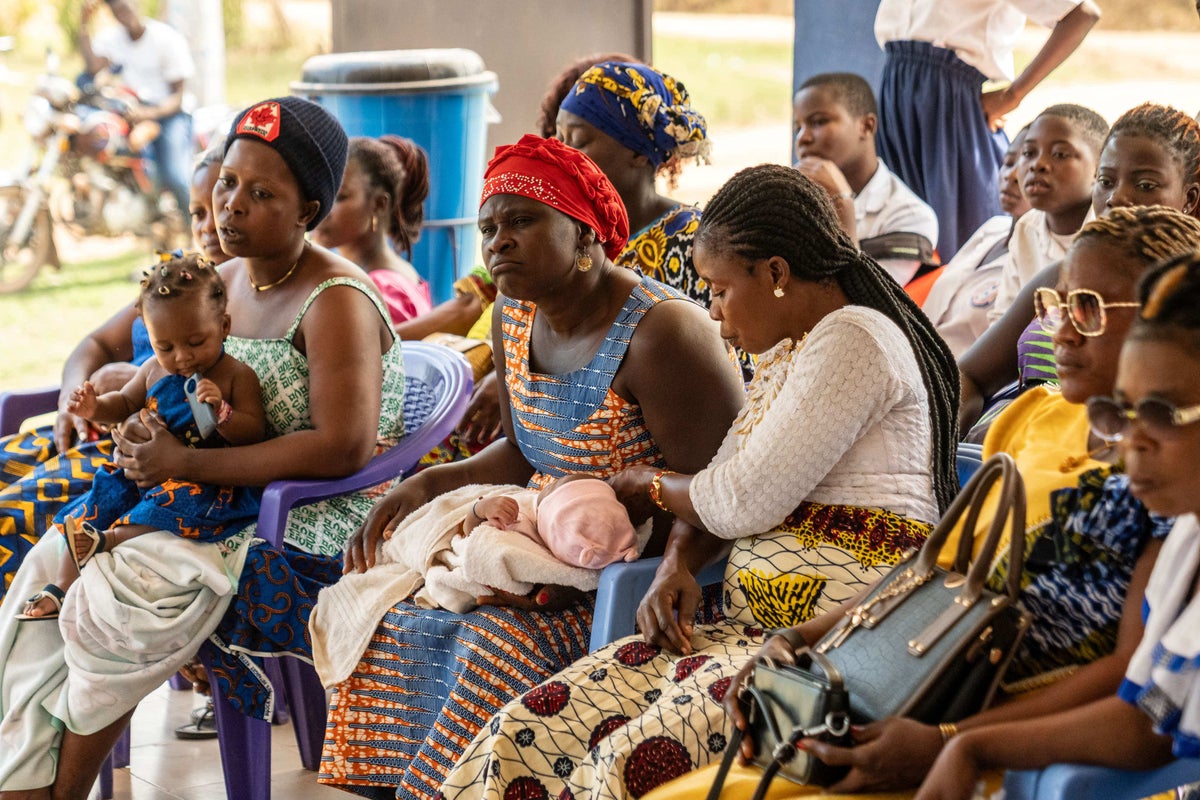More than 8,000 women and girls are believed to have died from complications during pregnancy or birth as a result of Donald Trump freezing US aid funding after returning to the White House, a toll which could become 34,000 by the end of the year, researchers have warned.
Contraceptive services are among the programmes hit by billions of dollars of US aid cuts, particularly in sub-Saharan Africa.
Some 4.2 million women and girls have become unintentionally pregnant since aid was cut on 20 January, according to calculations from the Guttmacher Institute, a reproductive rights research group. Around 8,000 are estimated to have died because of cuts to care.
“With each passing day, an additional 130,390 women and girls, according to our estimates, continue to be denied contraceptive care and thus put at risk for poor health outcomes and even death,” said Jonathan Wittenberg, Guttmacher’s CEO.
This comes as The Independent reveals US cuts have derailed the projected end of the Aids pandemic, which could lead to four million extra deaths by 2030.
Trump’s 90-day freeze had an initial deadline of 20 April, but the review of US aid spending has been extended by at least another month. If nothing changes, by the end of 2025 this will amount to almost 50 million people being denied access to contraception and advice, leading to a potential 34,000 extra women and girls dying preventable deaths, according to the Guttmacher Institute.
This research, “clearly shows that these cuts will cost lives and already are,” Mr Wittenberg said, representing, “an unprecedented abandonment of American leadership on the world stage”.
“What started as a 90-day funding freeze has now become a permanent state of affairs”, he added, with US support for global family-planning services having already been all but cancelled.
The figures from the Guttmacher Institute are estimates – it will take a while for the “real on-the-ground” impacts to become clear, Mr Wittenberg.
But he believes the true toll is likely to be higher, since the calculations only took into account cuts to contraception services. Maternal and newborn health services have also faced cuts.
The countries previously receiving more US support, such as Tanzania and Malawi, are likely to be harder hit.

Billions of dollars in funding for HIV, maternal and child health and family-planning services have been frozen. More than $2 billion has been lost in HIV funding to just 18 countries, according to reproductive justice goup Ipas.
In Malawi more than half of doctor and midwife roles stand vacant, according to Ipas, while in Kenya roughly 55,000 jobs in the health sector have disappeared. This reveals the “very real, tangible impacts” of the cuts, said Ipas president Dr Anu Kumar, leading to delays for patients and burnout for remaining staff.
Historically, the US has both led the world when it comes to family-planning funding, and put in place stringent rules to stop its aid dollars being spent on abortion services or advocacy.
Since the mid-1980s, every Republican president has introduced the so-called “global gag rule” preventing groups receiving US aid for family planning from providing legal abortion care. Trump reinstated it in his first week as president.
Dr Kumar says that if she was searching for one “silver lining” from the cuts, it is that without US funding, some programmes might find themselves freed from the restraints of the “global gag rule” and that could present “the opportunity to reimagine global health, including support for sexual and reproductive health and rights”.
But if a proposed expansion of the gag to humanitarian aid is passed, it could put pressure on national governments to move in the other direction.
This article was produced as part of The Independent’s Rethinking Global Aid project
Senior US reporter Alex Woodward contributed to the report


